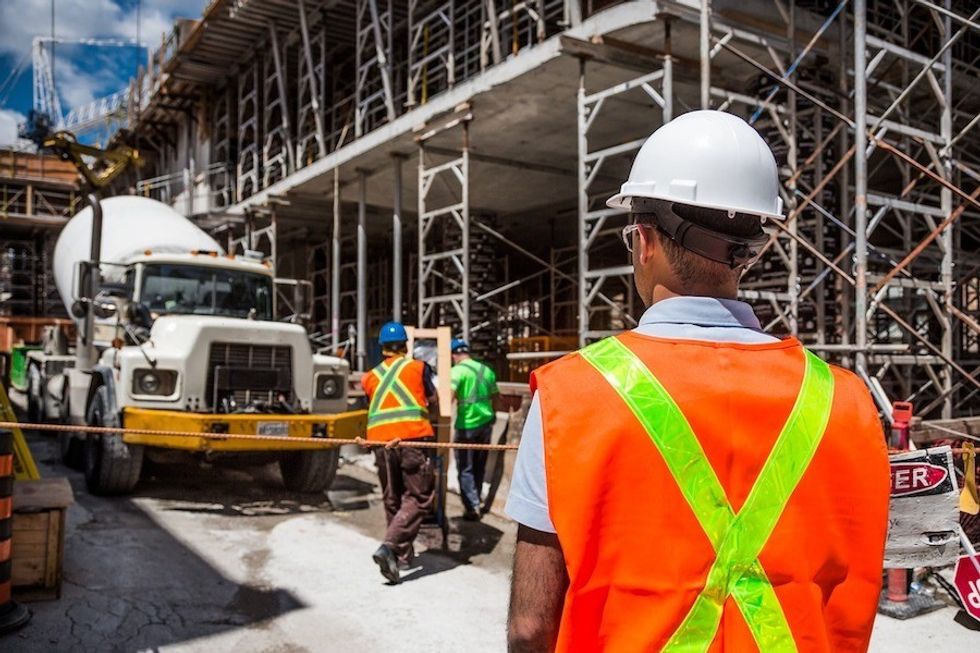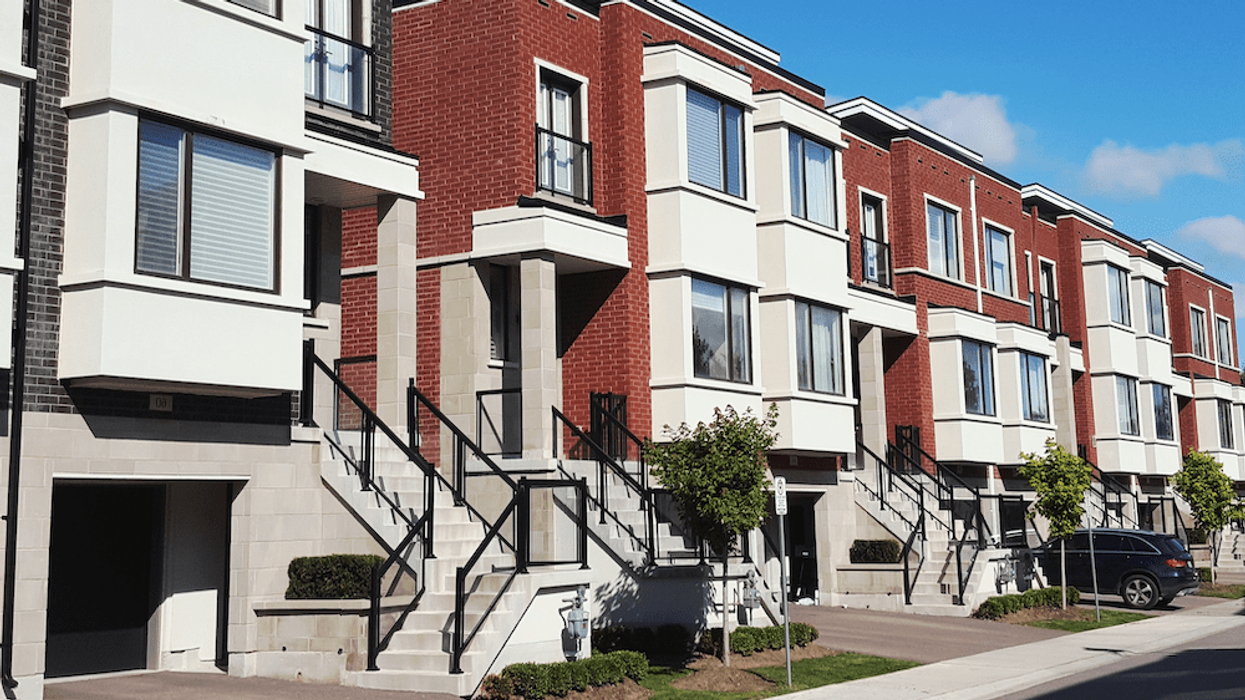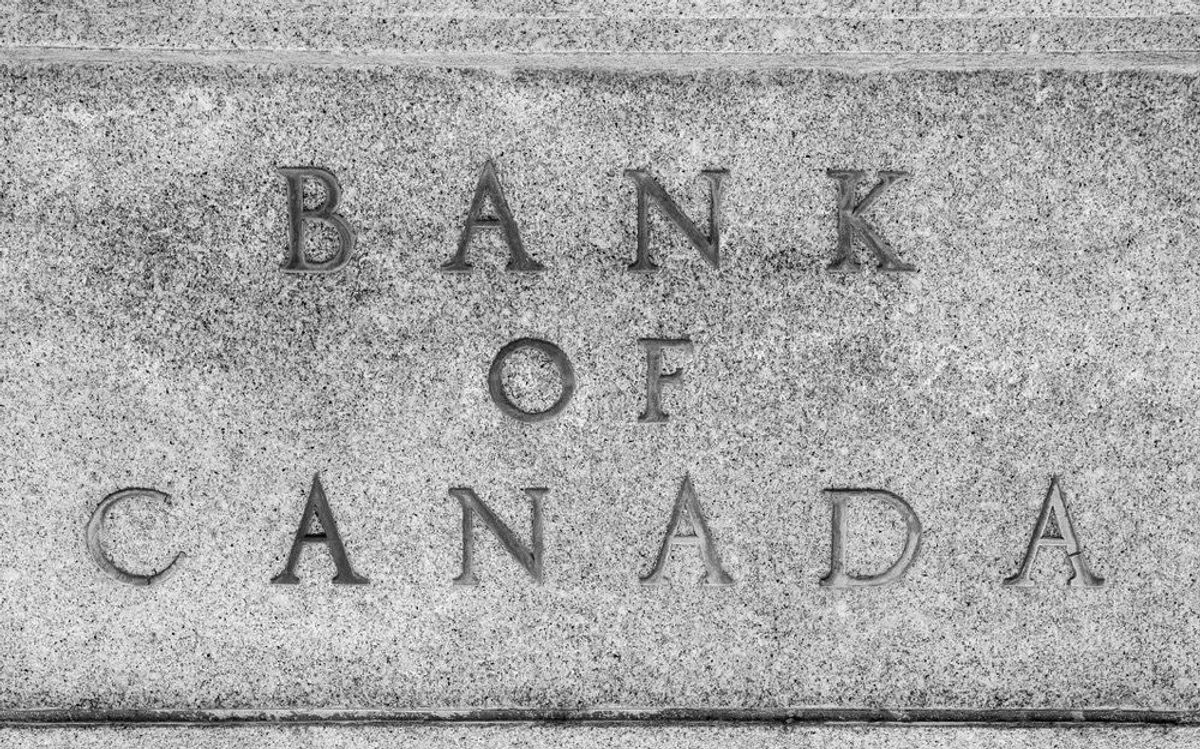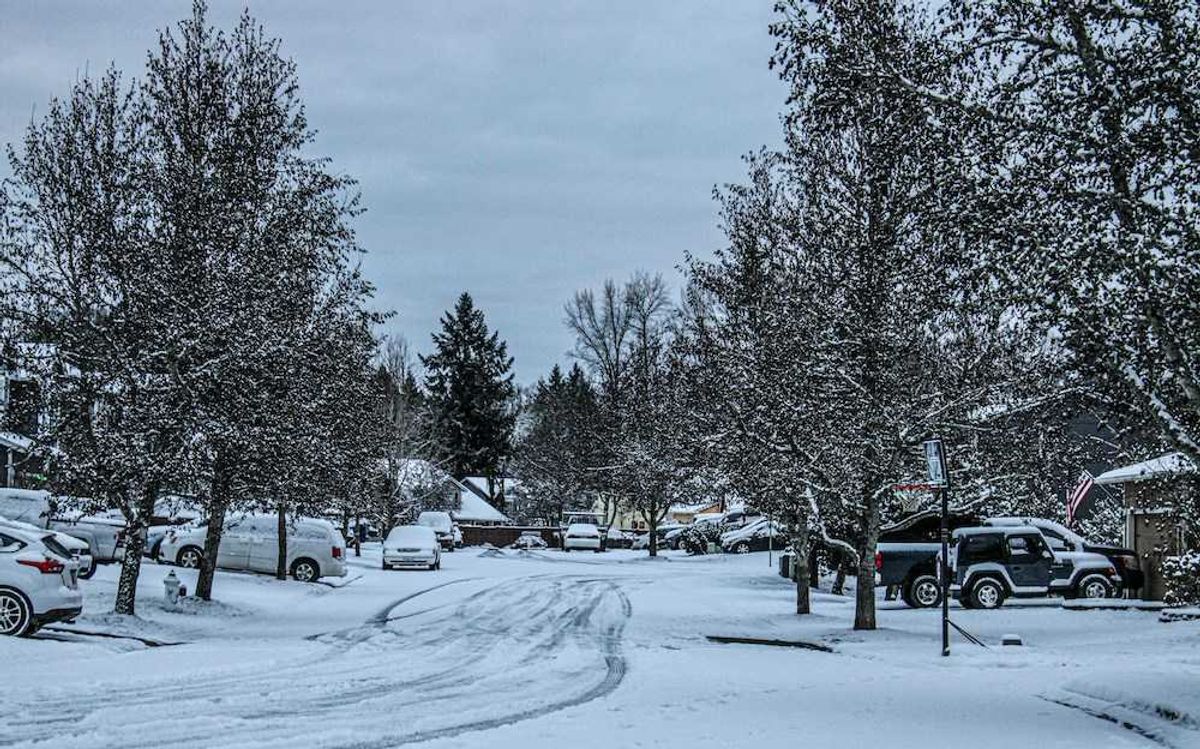Development charges are front and centre in talks of Canada’s homebuilding industry. Of course, so is the narrative that we need to build as many homes as possible to avoid a pending supply crisis. The reality is that the embattled home development industry – already facing obstacles like labour shortages, high interest rates, and climbing construction costs – cites development fees as a major culprit that prevents the construction of new homes, especially in pricey cities like those in the Greater Toronto Area (GTA).
Municipal fees and taxes have been increasing at an unsustainable rate, one that the market simply can’t absorb. Tellingly, housing starts are down in the GTA. BILD’s GTA Municipal Benchmarking Study, released in September, reveals that application submissions had dropped dramatically over the past two years in the GTA, since peaking in 2021.
The BILD report also shows a substantial increase in municipal fees across the GTA since the 2022 study. Municipal fees rose by a tough-to-swallow $42,000 per unit on a low-rise development and $32,000 on a unit in a high-rise development since the 2022 study. Meanwhile, apartment fees climbed $32,000 to $122,387. Total municipal fees per unit ranged from approximately $102,000 in Bradford West Gwillimbury to a high of just over $195,000 in the City of Toronto (Toronto) on a low-rise development.

While factors mentioned above have contributed to this, rapidly climbing development fees certainly don’t help. So, the development industry has rallied for change on all levels of government in order to, as they say, get more shovels in the ground.
The City of Toronto is taking the pressure from the building industry seriously, and decided to move forward with the possibility of freezing development fees – something that could notably kickstart the construction of homes. The City of Toronto is pushing the Province of Ontario to tweak the Development Charges Act to make it easier for municipalities to adjust or remove yearly indexing provisions without creating a whole new bylaw.
City Council is giving the go-ahead for the Chief Financial Officer to use Section 27 agreements on all new housing developments, effective May 1, 2025. This means they will lock in development charges at the current rate until the CFO completes a Council-directed comprehensive review and we have a new development by-law in place. The CFO will coordinate with the appropriate City staff and use a form approved by the City Solicitor. To be clear, this all depends on the Province of Ontario not fulfilling the City Council’s prior request to waive the requirement for the City to index its development charges annually.
City Council is also requesting the Province amend the Development Charges Act to give municipalities the freedom to reallocate development charge funds collected for specific service areas to any development charge eligible project across other service areas. This wouldn’t require future repayment or the merging of service areas through a new By-law. The City says this change would enable it to address critical infrastructure needs and support new housing.

The City is also requesting that the Province amend the Development Charges Act to allow federal and provincial infrastructure funding contributions to be directed towards the non-growth share of development charge eligible projects and/or to offset revenue loss from Council’s discretionary rate reductions. According to the City, this will allow the City to optimize all available funding sources and expedite the completion of critical infrastructure projects. Finally, Council is again asking the Province for compensation to cover the financial hit from Bill 23.
On another note, the City also adopted the Build More Homes: Identifying Opportunities for More Purpose-Built Rental Housing. The motion requests City staff review the remaining applications to the Purpose-Built Rental Housing Incentives program (launched fall 2024) and report on additional shovel-ready housing projects that could be eligible for property tax and development charge relief if funding is received from the Province.
Finally, the City is also considering The Housing and Planning Committee’s Toronto’s Academic Housing Strategy – Improving Housing Outcomes for Post-Secondary Students. It aims to address the growing challenges Toronto students face in finding and affording housing, while also ensuring equitable access to housing options. The strategy is part of the larger City of Toronto's HousingTO 2020-2030 Action Plan.
On the federal level, housing remains a hot topic in Canada's upcoming election.





















